Juba Market is the economic backbone of South Sudan’s capital, a place where traders push everything from fresh produce to counterfeit electronics.
Despite the country’s constant instability, the market itself runs with an almost unsettling calm. That said, pickpockets are a problem, and foreigners stand out, so stay aware.
What’s Sold at Juba Market?
Juba Market is where locals buy essentials and hustlers try to make a quick buck. The variety is huge, with everything from street food to second-hand football shirts flooding the stalls.
Street Food Juba Market
If you’re hungry, you’ll find plenty of options, mostly cheap and filling:
- Grilled meat – Goat and beef skewers, usually served with chapati or rice.
- Ful medames – A simple but popular Sudanese-style fava bean stew.
- Asida and mullah – A heavy maize-based dish with a meat or vegetable sauce.
- Dried fish – Often deep-fried or thrown into a stew. We got some that was cooked up and served with local peanut out with the Mundari tribe.
- Sambusas – The South Sudanese take on samosas, fried and stuffed with spiced meat or vegetables.
- Fresh Fruit Juices – Vendors also knock out some killer fresh blende fruit juices with me going for orange with a little added sugar.
There are occasional surprises like wild game meat, but alas not during my outing or I would have much more to write about.
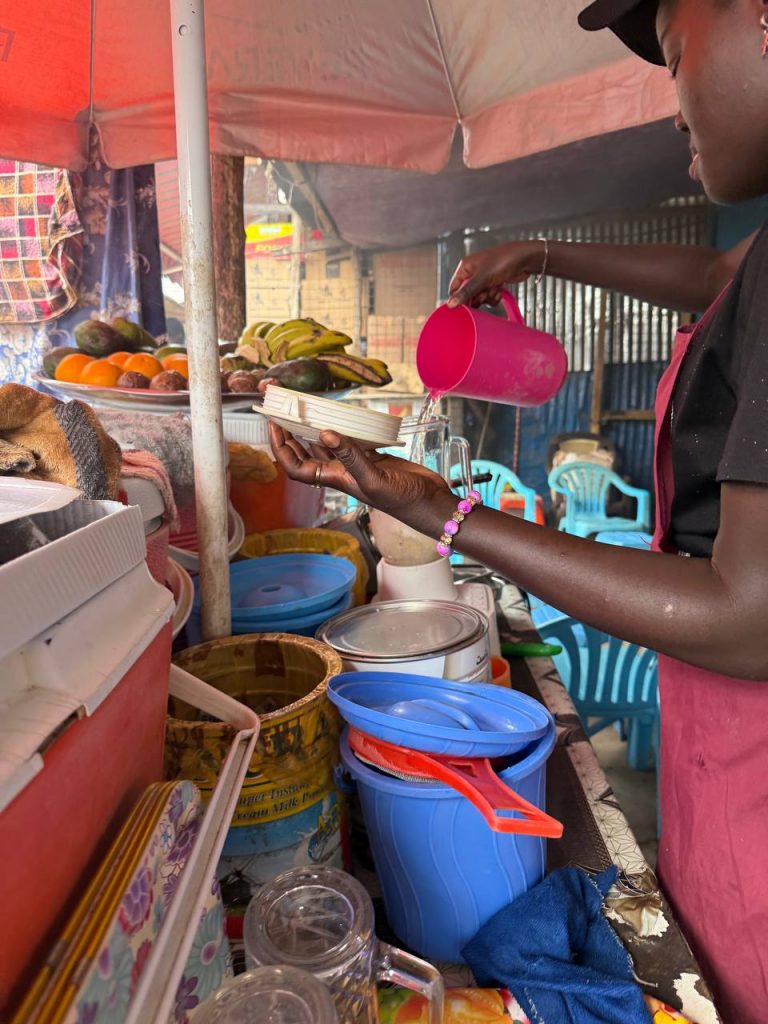
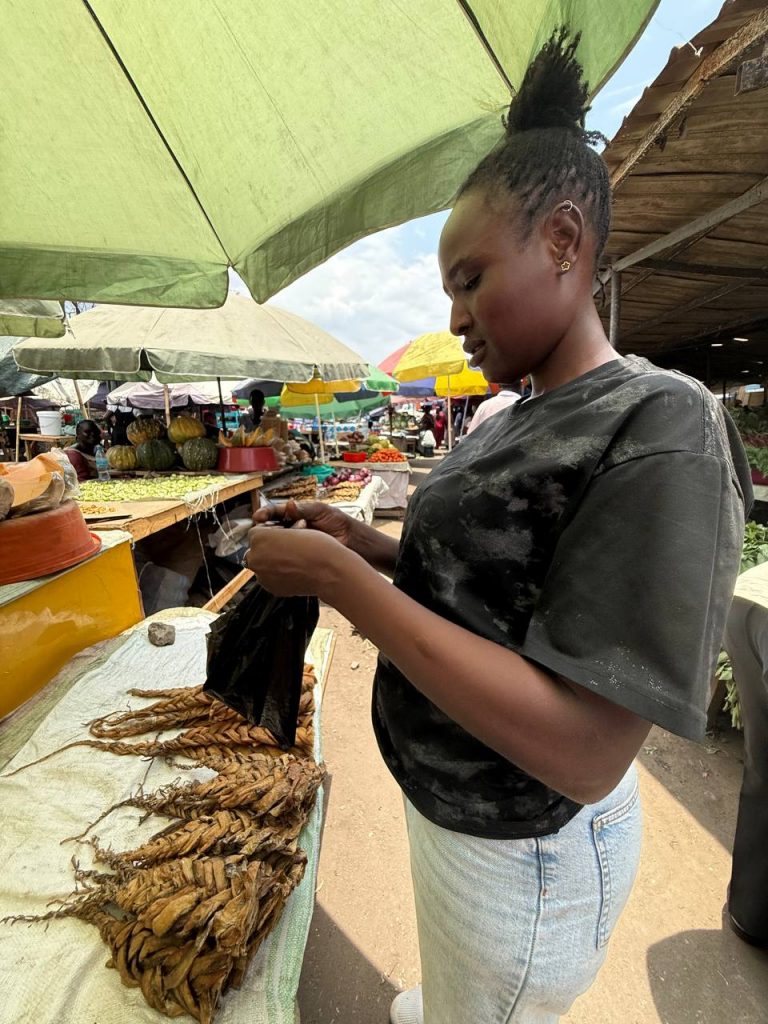
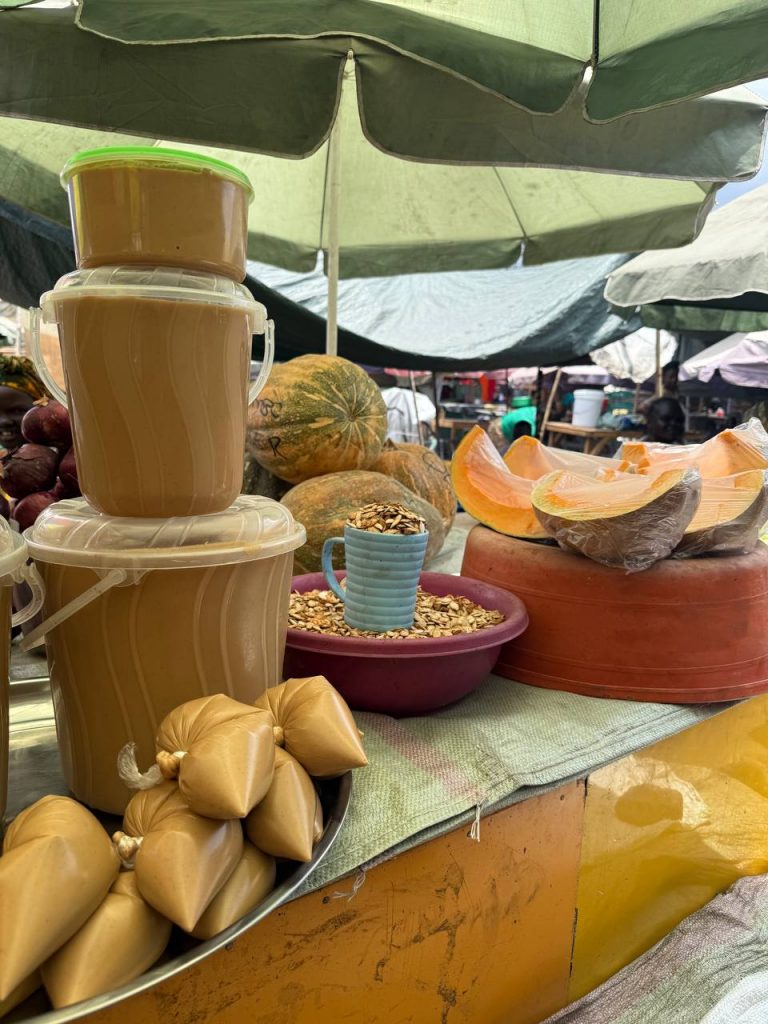
Fresh Produce and Groceries
The market’s food stalls are packed with local and imported goods, mostly trucked in from Uganda and Kenya. Expect:
- Mangoes, bananas, and pineapples
- Okra, tomatoes, and cassava
- Basic spices like cumin and dried chili
- Bags of rice, lentils, and sorghum, a local staple
- South Sudanese peanut butter (its a thing)
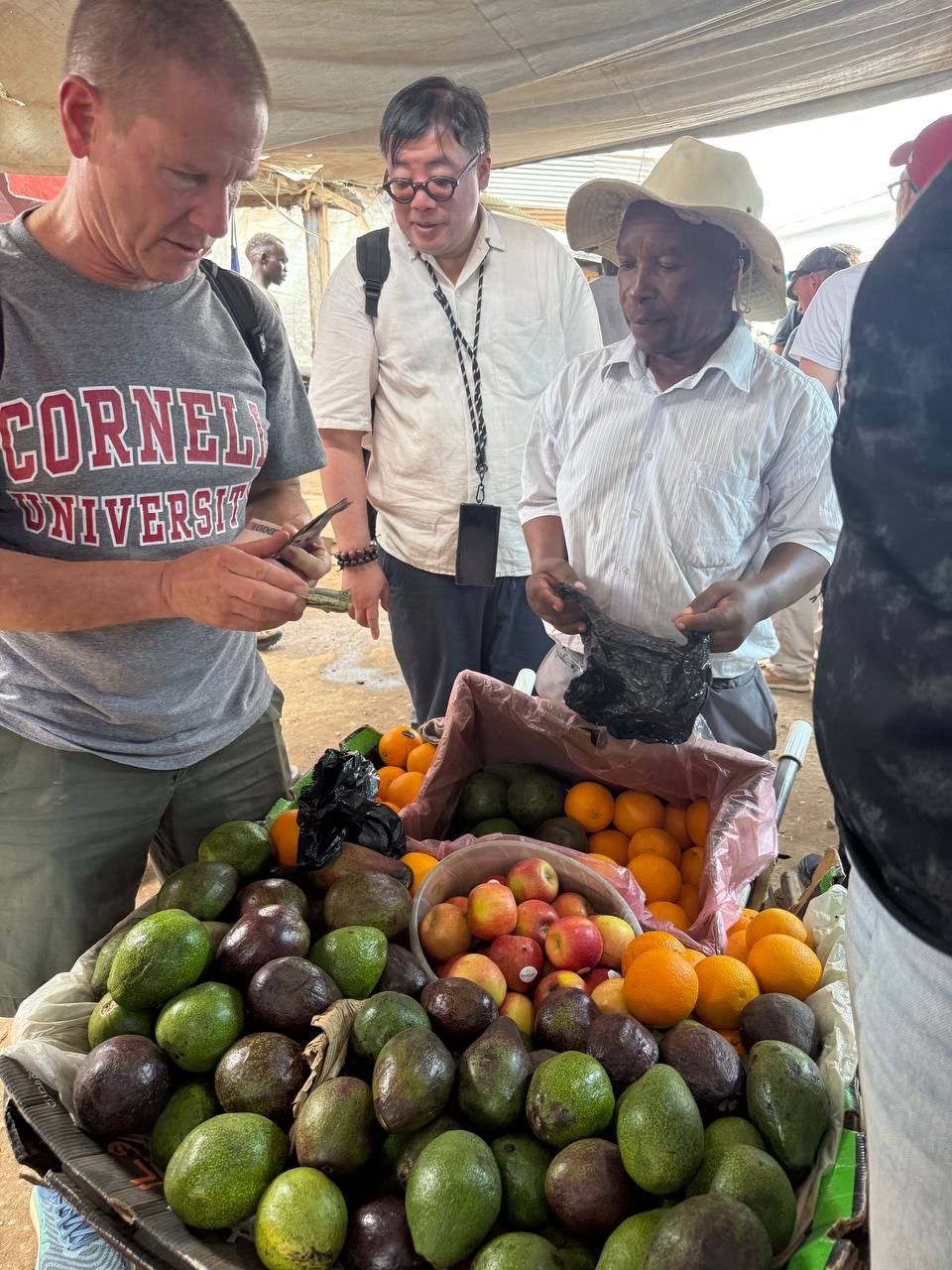
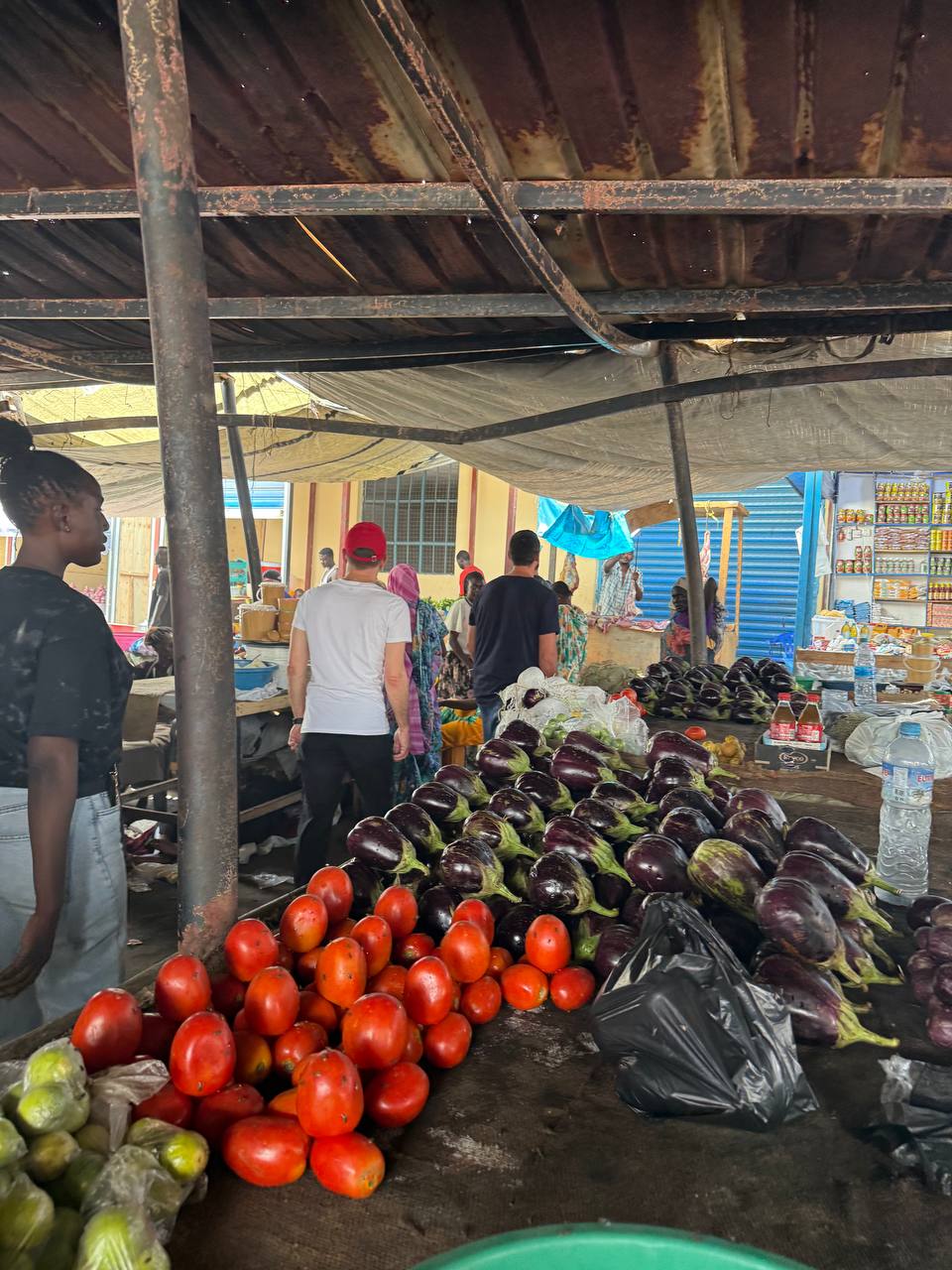
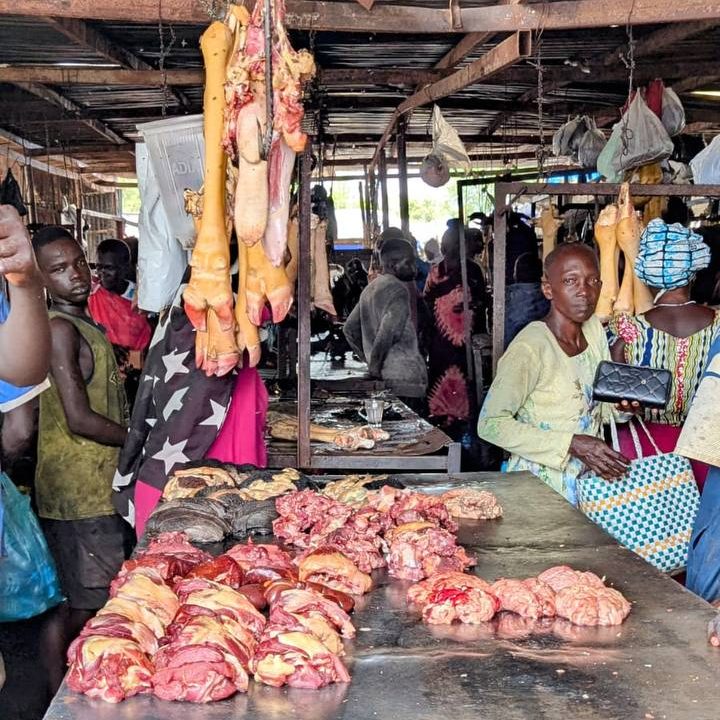
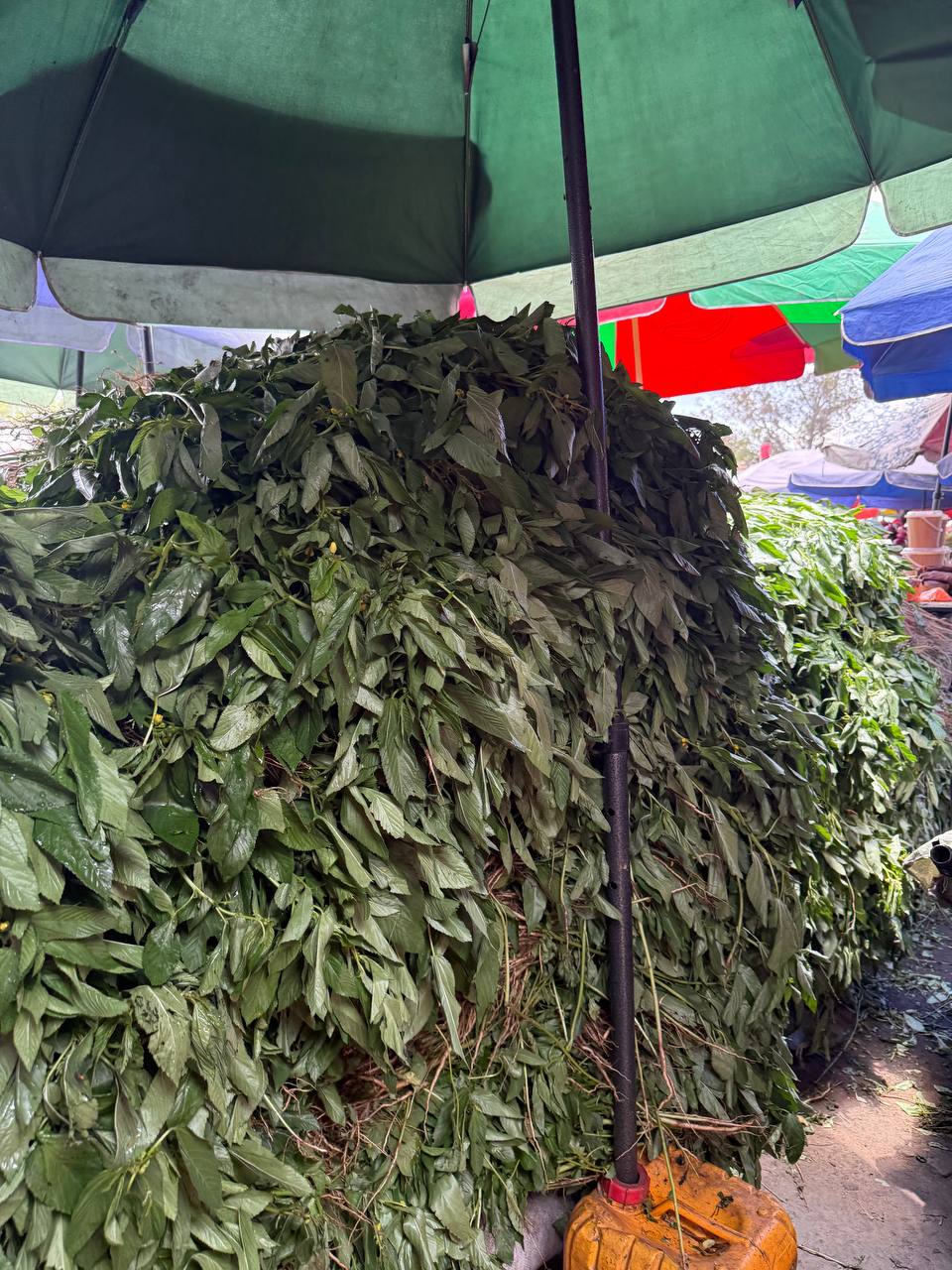
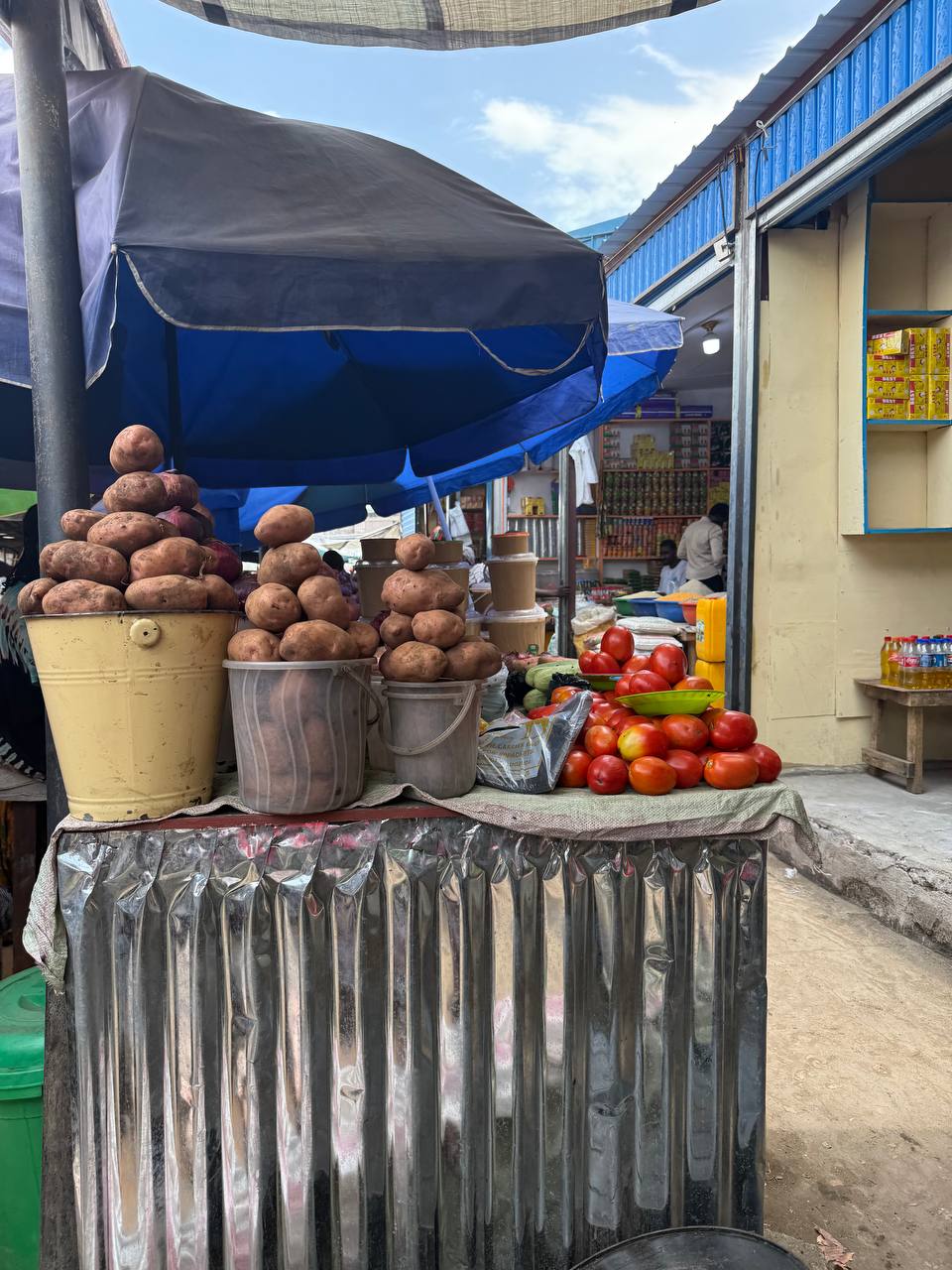
Clothing and Football Shirts
Like anywhere in Africa, football is king, and Juba Market is full of cheap jerseys. You’ll see knock-off versions of Barcelona, Manchester United, and Al-Merrikh everywhere. The quality is hit-or-miss, but if you haggle well, you can walk away with a decent fake.
What most interested me though was getting a South Sudan shirt. Alas and much like in Tunisa I ended up getting ripped off with a shirt too small and the badge falling off.
Electronics and Household Goods
Need a dodgy phone or a Chinese-made solar panel? Juba Market has both. Generators are in high demand due to frequent power cuts, and traders push everything from basic torches to second-hand laptops.
When it comes to phones there are like many developing countries a lot of non-digital options, while OPPO seems to be the “high end” weapon of choice. Is there Apple in South Sudan? Yep and there are rich people too…
Money Changing and Trade
Currency exchange is big business here, with traders offering rates for South Sudanese pounds (SSP), U.S. dollars, Ugandan shillings, and Kenyan shillings. The black market rates are usually better than banks, while anything other than USD is a real hassle to change.
And speaking of worthless paper changing money into South Sudanese pounds even if as little as $50 will give you a huge stack. I personally ended up with a cardboard box full of money…
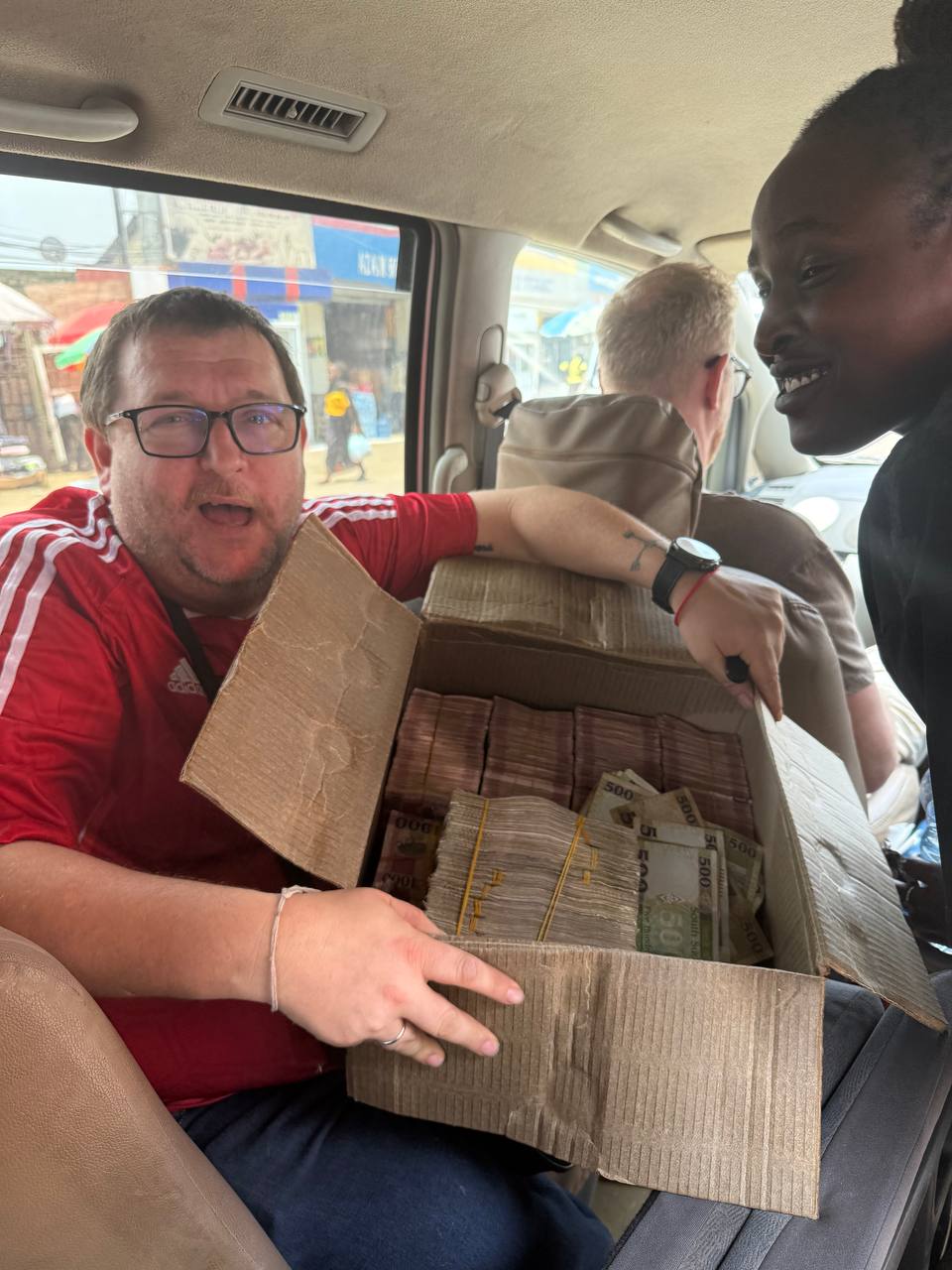
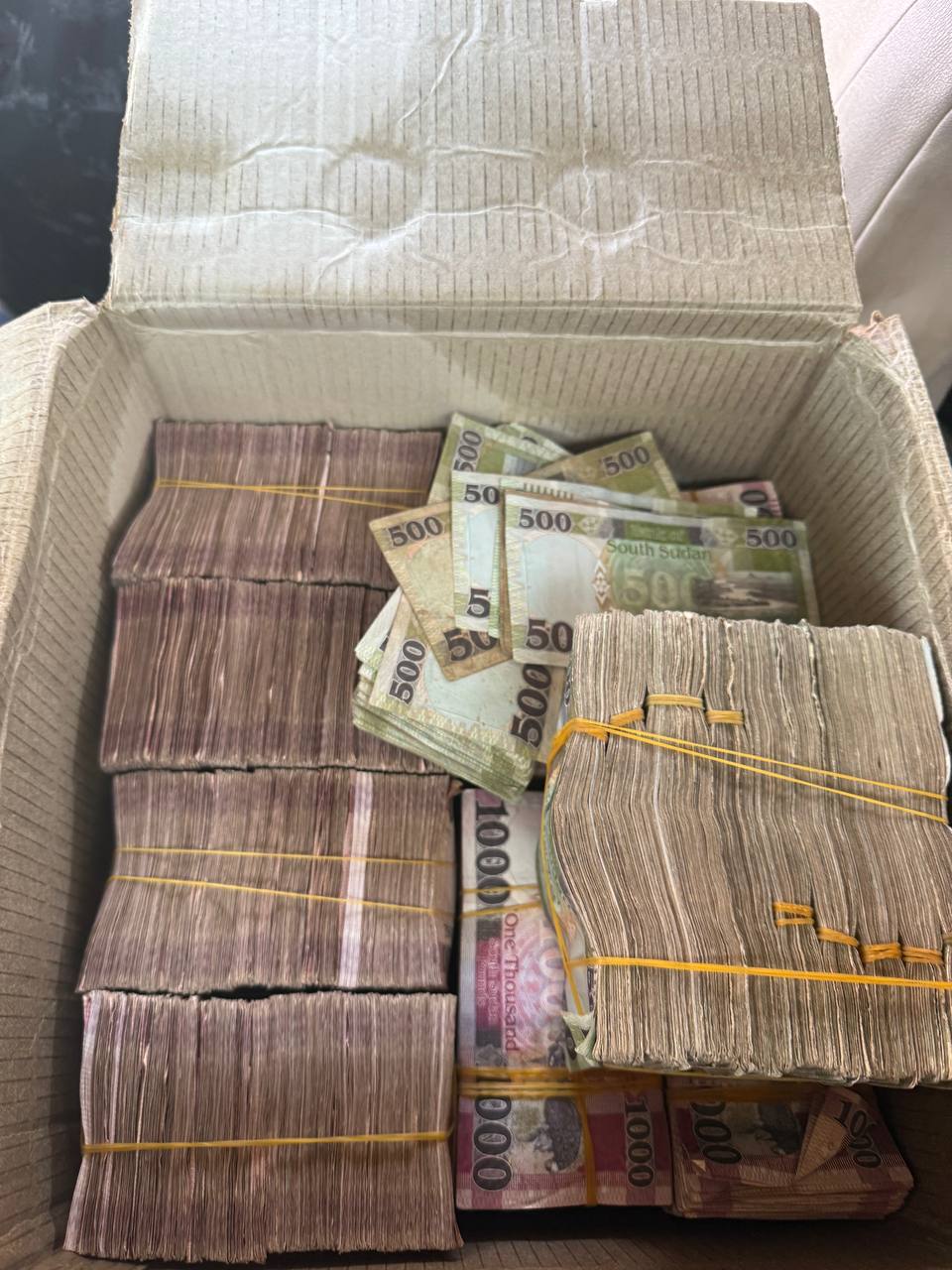
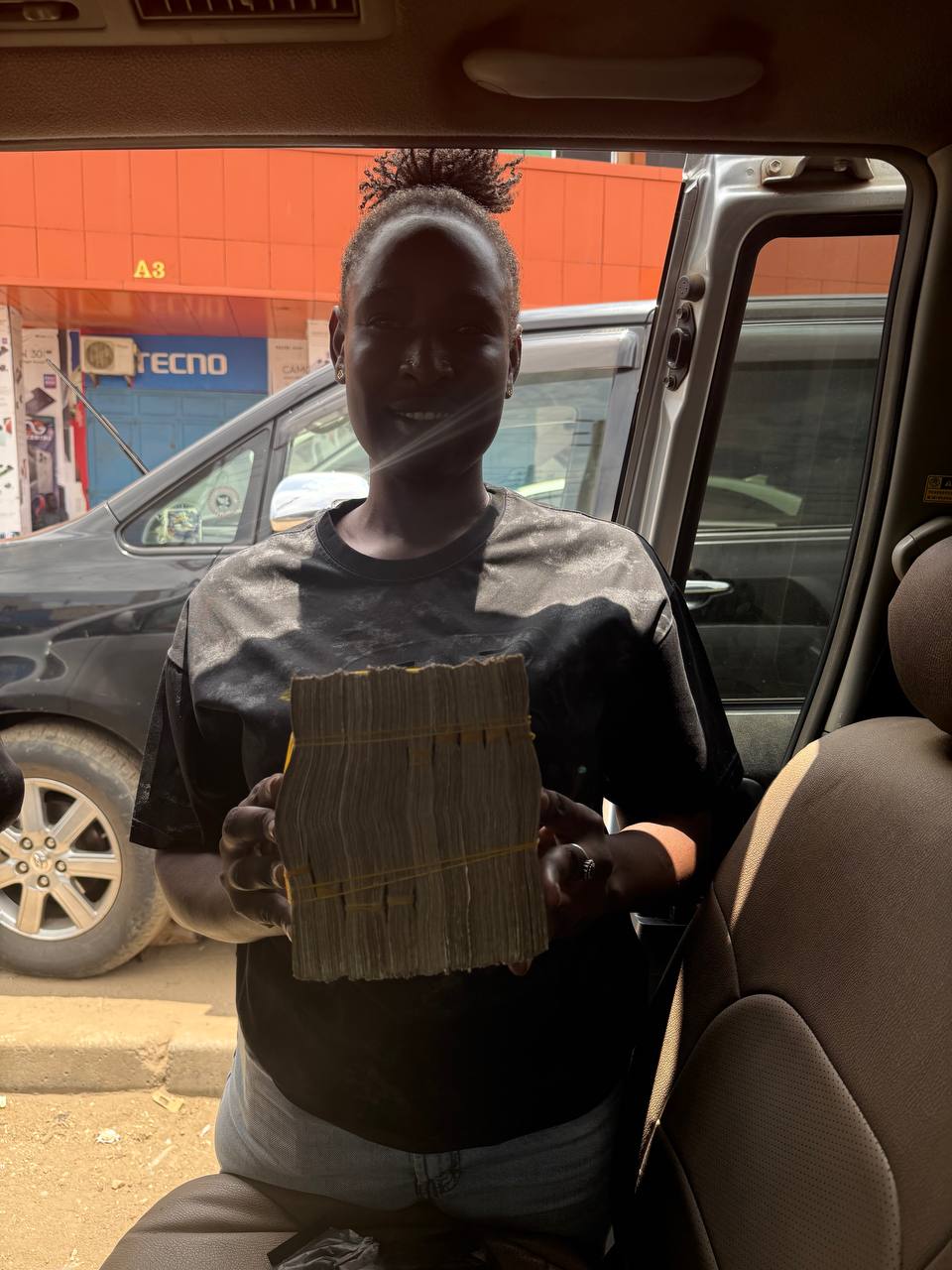
The Market Experience: Safety and Atmosphere
Juba Market runs like a well-oiled, chaotic machine. It’s loud, busy, and smells like grilled meat mixed with sweat. There’s little police presence, so crime is opportunistic. Pickpockets are active, working in groups and targeting anyone distracted. Keep your money close, don’t flash cash, and don’t trust random “helpers.”
Foreigners attract attention, but vendors are generally more interested in selling than bothering you. If you can throw out a few words in Juba Arabic, you might get a better deal. Haggling is expected, but there’s a fine line between getting a bargain and simply being a dick in a third world country.
Juba Market
Juba Market is what it is—loud, messy, and a place where everything has a price. Whether you’re after street food, a football jersey, or a questionable deal on currency exchange, you’ll find it here. Just don’t be stupid, watch your pockets, and don’t expect anything polished.
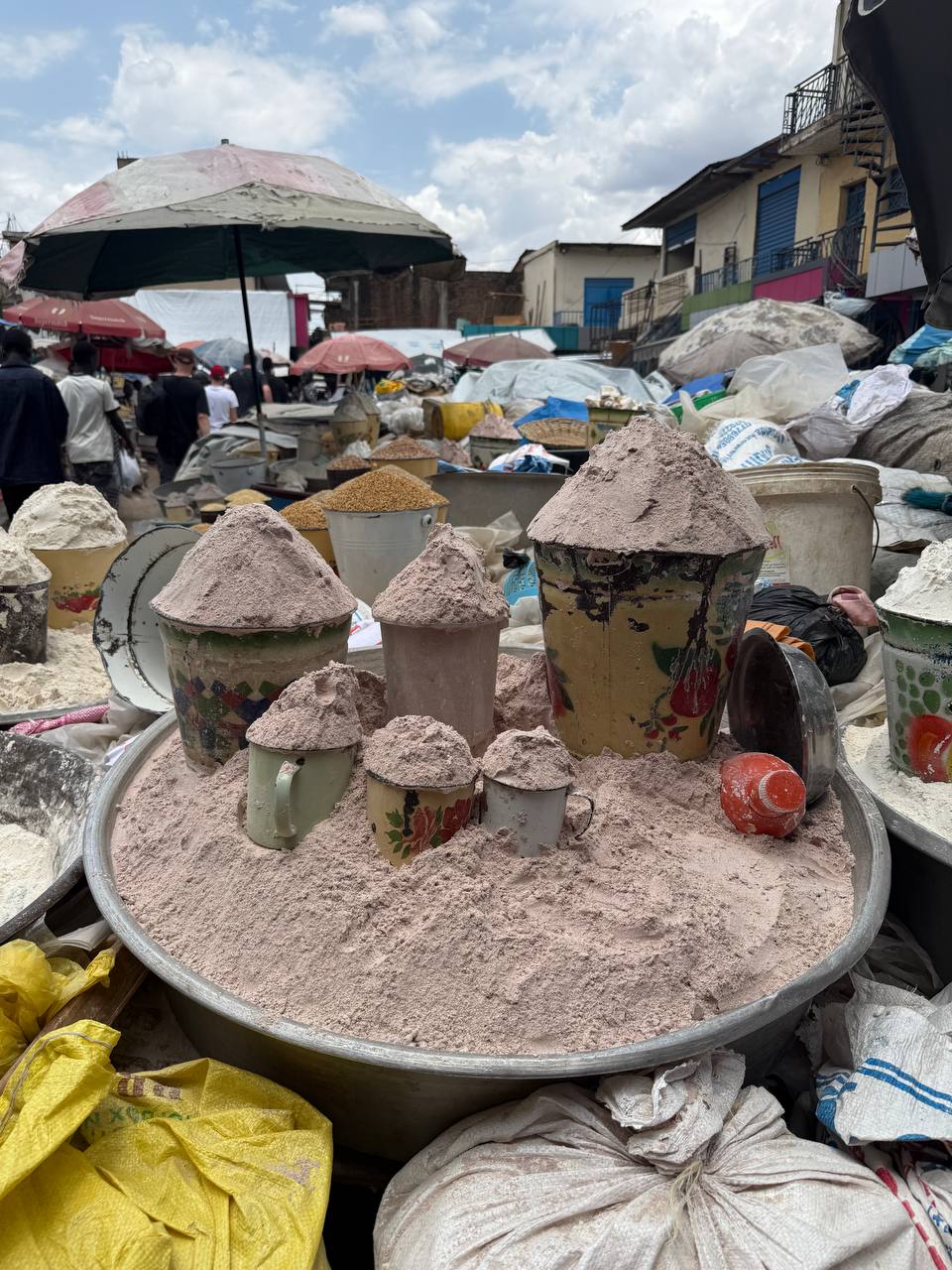
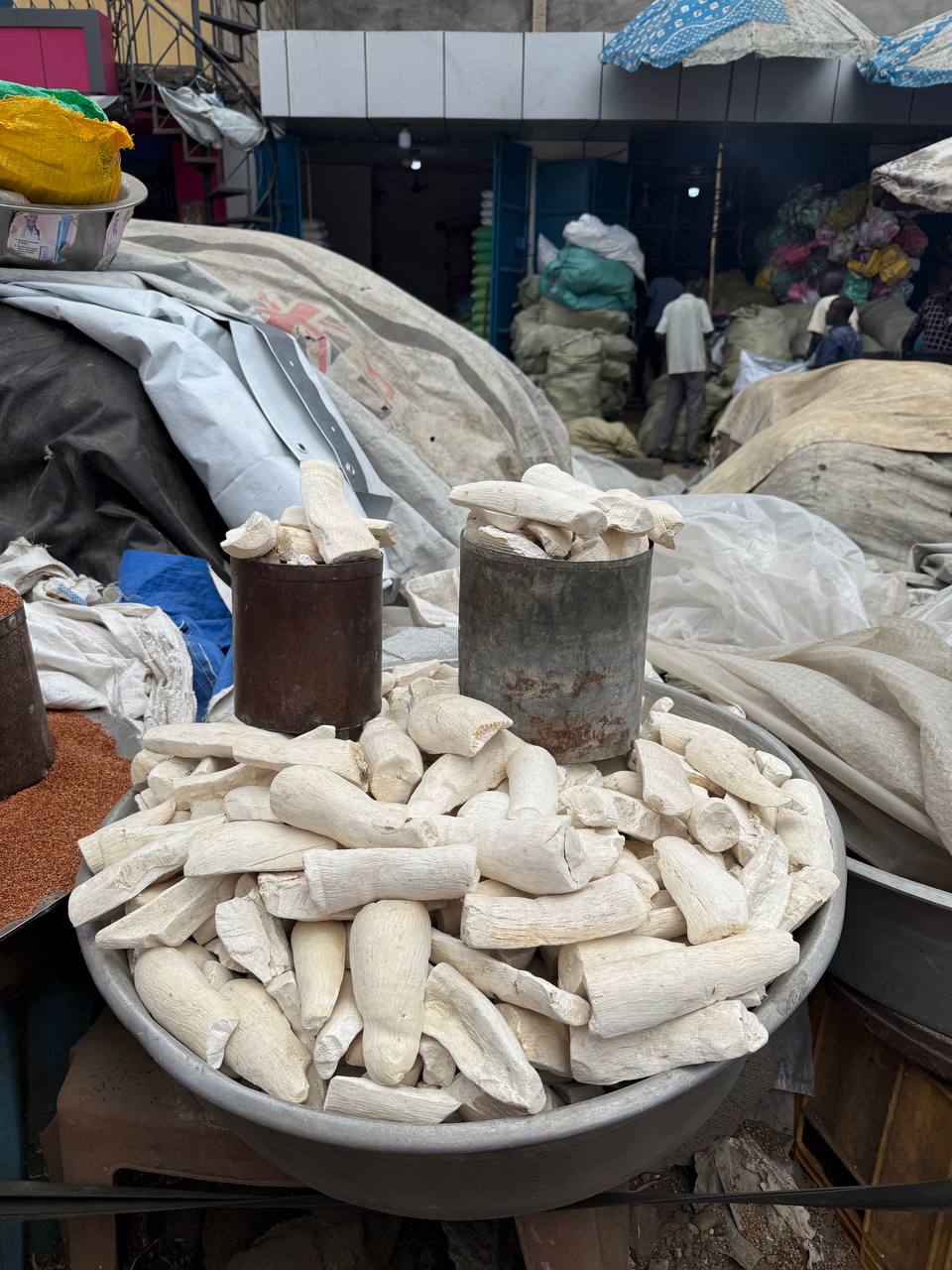
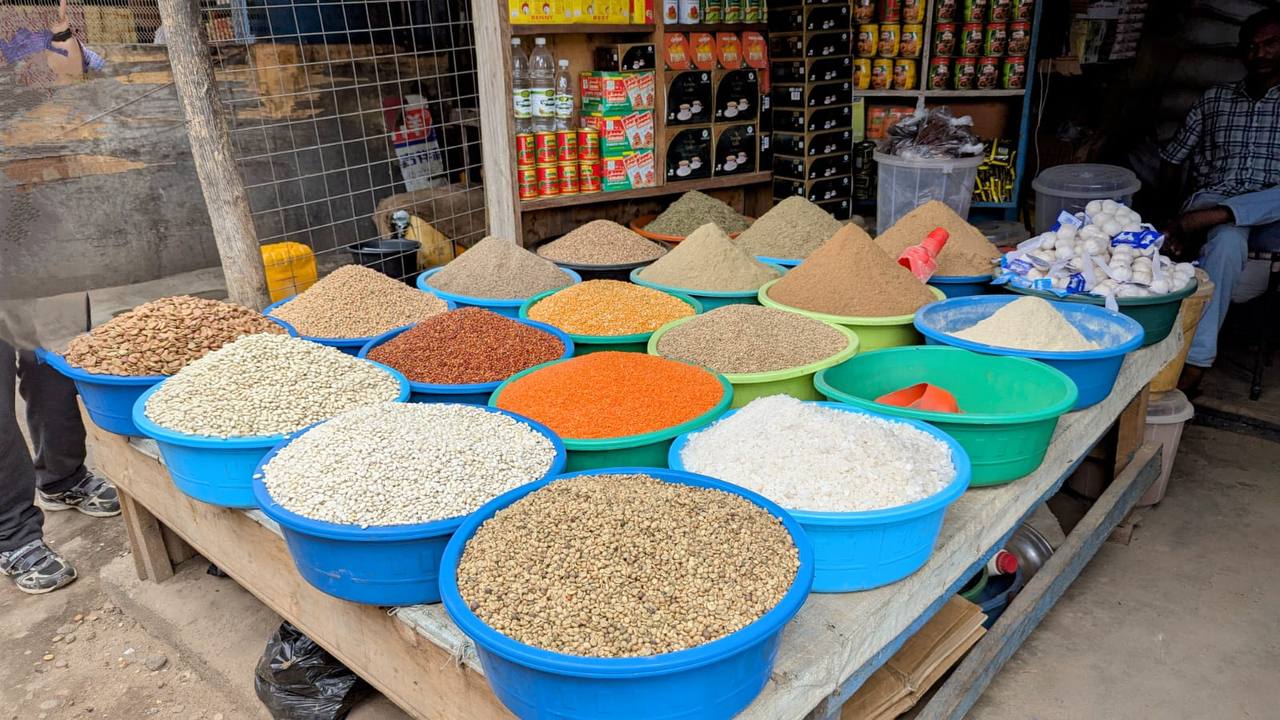
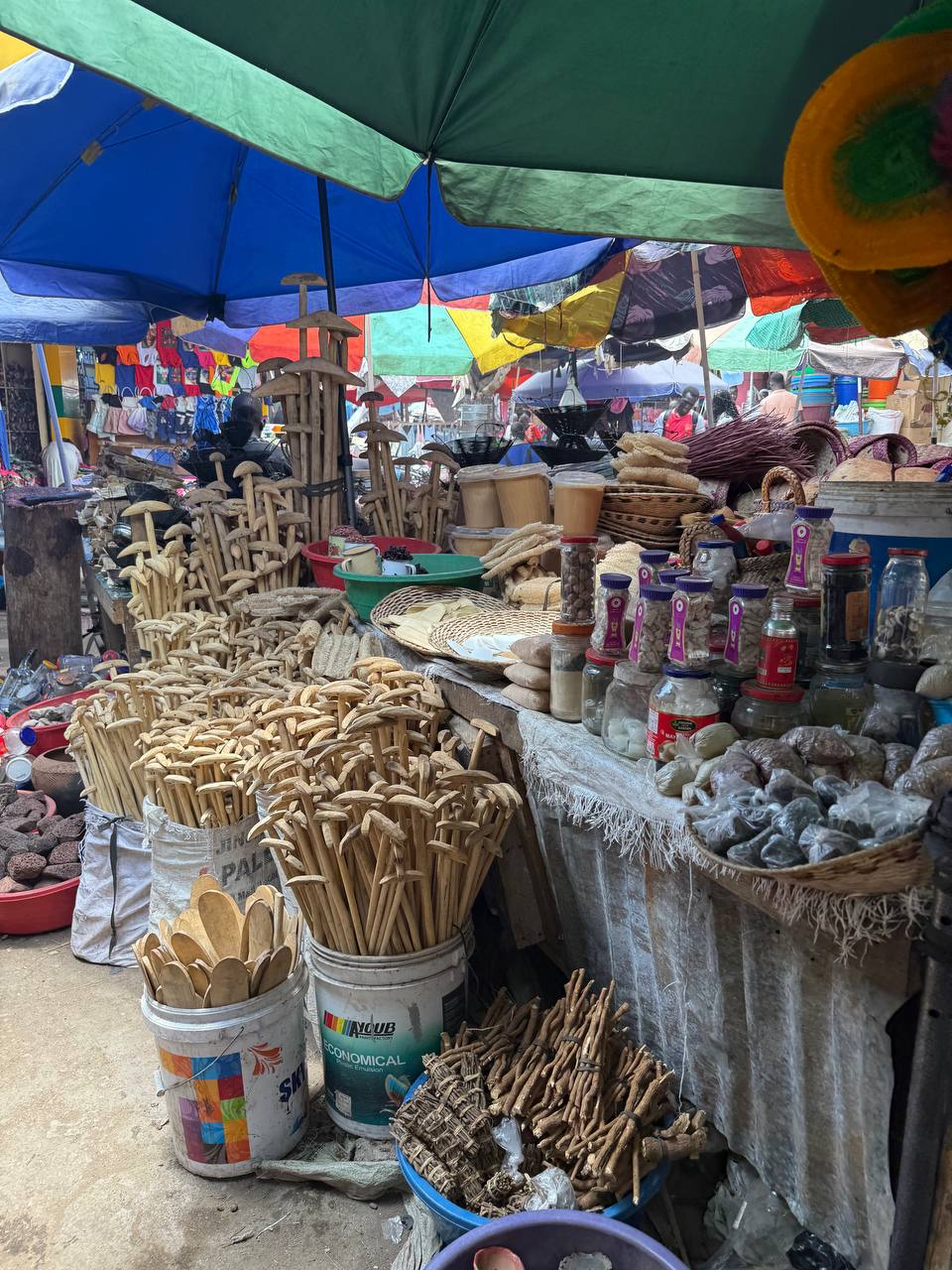
Juba Market Name and Address
Konyo Konyo Market, also known as Juba Central Market, is the main marketplace in Juba, South Sudan. In Juba Arabic, “Konyo Konyo” translates to “congested” or “mingling,” reflecting the market’s bustling nature.
Address: Juba University, Staff House, Juba, South Sudan.
Local Name: In Juba Arabic: سوق كونيو كونيو (Souq Konyo Konyo)
Getting There: Konyo Konyo Market is centrally located in Juba, making it accessible by various means:
- From Juba International Airport: The market is approximately 5 kilometers west of the airport. Visitors can take a taxi or local minibus (commonly known as “boda-boda”) directly to the market area.
- From Other Parts of Juba: Local minibuses and taxis frequently operate routes that pass through or near the market. Given the market’s central role in the city’s commerce, it’s a well-known destination among local drivers.
Operating Hours: The market typically operates daily from early morning until around 5:00 PM. After this time, merchants pack up their stalls and close their shops. Juba in the Making
Note: Visitors are advised to remain vigilant, as the market can be crowded, and incidents of pickpocketing have been reported. It’s recommended to keep personal belongings secure and be aware of your surroundings.
Click to read about our South Sudan Tours.





